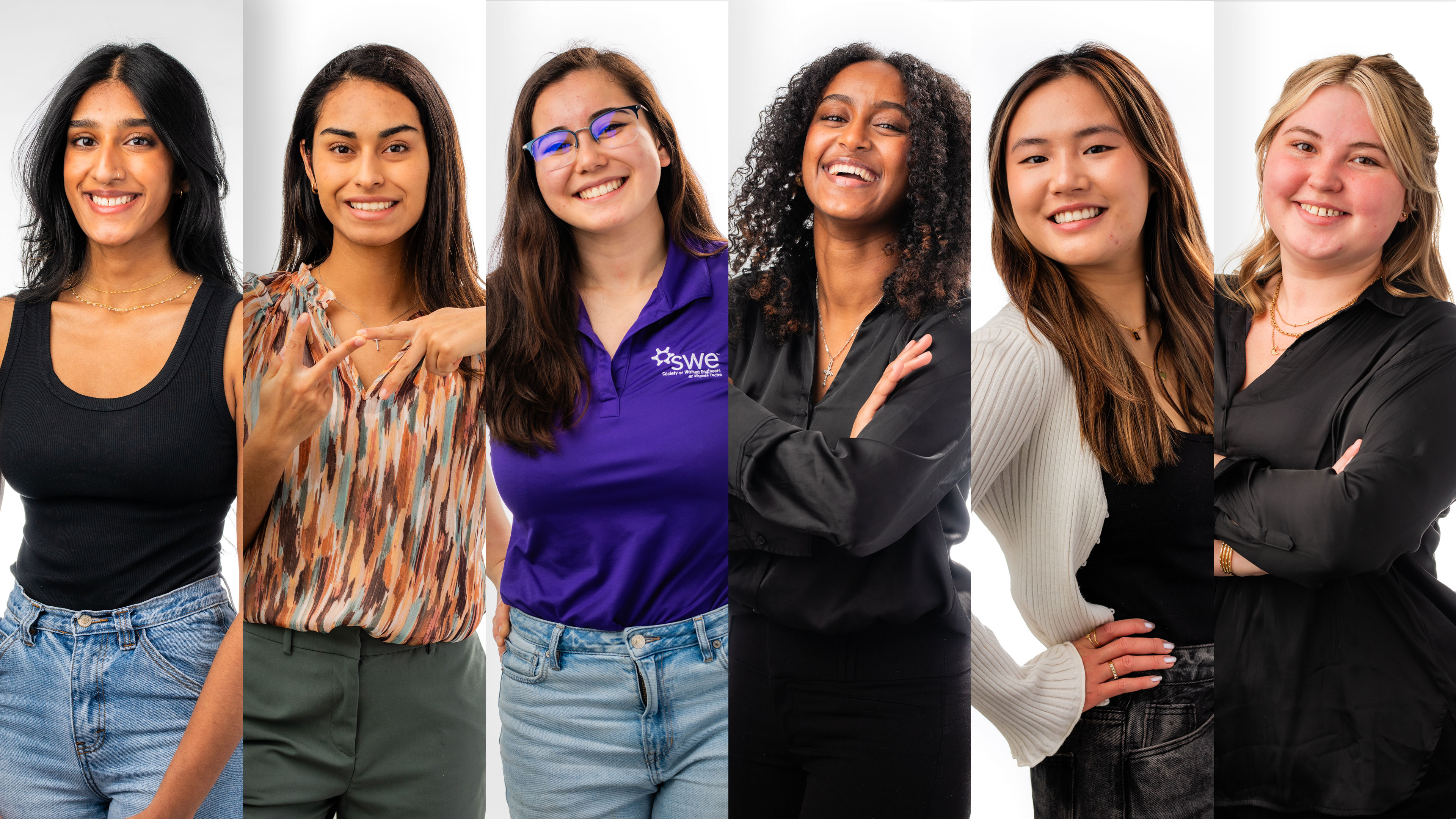This year, all six minority student organizations under the Council for the Advancement of Minority Engineering Organizations (CAMEO) are led by female presidents hoping to inspire change.
Often, engineers identify a problem and then work diligently to solve it together. For Monique R. Jackson ‘95, that challenge emerged during the bustling 1997 Student Engineers’ Council (SEC) Engineering Expo. As the expo chair during her graduate studies, Jackson faced an overflow of demand that stretched the capacity of the Squires ballroom and its adjacent areas with a long list of companies clamoring to recruit students from Virginia Tech.
Seeing how successful the student-run SEC Expo was, and recognizing the pressing need to hire Hokies, Jackson envisioned a career fair specifically organized by underrepresented students.
She leveraged her experience in organizing the career fair and her active participation in the newly formed Society of Hispanic Professional Engineers (SHPE) to shape a model for minority student engineering organizations. The umbrella organization was created to meet the demand from companies as well as gain valuable leadership and project management experience. Knowing that the newly formed SHPE would struggle to handle the task alone, she offered the opportunity to other existing student groups and created the Council for the Advancement of Minority Engineering Organizations (CAMEO). Jackson’s innovative approach involved creating an umbrella structure, ensuring that no single organization bore the sole responsibility of the career fair.
Collaborating closely with Bevlee Watford, who founded the Center for the Enhancement of Engineering Diversity (CEED) in 1992, leaders from the National Society of Black Engineers (NSBE), and the Society of Women Engineers (SWE), Jackson embarked on a mission to provide leadership opportunities, foster collaboration among student groups, and offer scholarships for minorities in STEM. Her vision was clear: CareerFest would serve as a unifying force, bringing together diverse engineering organizations.
“I had several discussions with various CEED mentors, mentees, and leaders from NSBE and SWE, as well as Dr. Watford and other CEED staff. From these conversations, I realized that there was a real interest in working together to support the different CEED groups,” Jackson said. “Given that I was a female of Hispanic, Black, and Asian (Indonesian) descent, I had a true desire to see all of the groups succeed.”
In less than one year from its inception, CAMEO was born. In the spring of 1998, it hosted its inaugural CareerFest, which continues its legacy 26 years later. Between Watford’s commitment to supporting underrepresented students in engineering, and Jackson’s initiative to create CAMEO, female leadership has a long-standing history. Continuing this legacy decades later, all six of its organizations are led by female presidents this academic year.
“Dr. Watford has done an amazing job with her CEED programs and promoting diversity in STEM,” Jackson said. “If the six female presidents find even half of the inspiration in Bev as I did – and still do – I have no doubt that CAMEO will thrive for years to come.”
Read on to meet CAMEO's six female presidents making an impact.
Shreya Kodali
Computational and Systems Neuroscience, Business minor, Junior
Association for Women in Computing (AWC)
The Association for Women in Computing (AWC) is dedicated to promoting the advancement of women in computing professions. Our goal at Virginia Tech is to provide students with access to professional development and networking opportunities that will prepare them to navigate a male-dominated industry.

“Find a mentor. Whether a professor or an upperclassman, having that guidance will be extremely helpful when finding academic and professional opportunities.”—Shreya Kodali
How did you get involved in AWC?
I became involved with AWC last fall after meeting them at Gobblerfest. I started attending the group’s workshops and events, as well as participating in major events like HackViolet and Women in Computing Day. The next spring, I applied to join the officer board and was chosen to be the president.
What have you learned in this CAMEO leadership role?
Through this involvement, I have gained an invaluable network of student leaders and professionals around campus, while also having the opportunity to create a greater impact.
Since being elected the president of AWC, I've learned many important lessons on how to be a better leader such as:
- How to adapt by overcoming large setbacks
- How to communicate and foster relationships amongst a team.
What challenges have you faced as a woman in STEM?
One of the biggest challenges I've had to overcome as a woman in STEM is imposter syndrome. I struggled a lot with the more difficult classes in my degree. It seemed like everyone else had it figured out while I didn't, which made me question if I even belonged in STEM in the first place. However, I learned to be more confident in myself and my abilities, which opened up many new doors for me.
Nicole Paz Jimenez
Civil and Environmental Engineering, Senior
Society of Hispanic Professional Engineers (SHPE)
The Society of Hispanic Professional Engineers (SHPE) is a professional organization that stretches across the nation. Its mission is to promote the development of Latinos and minority students in STEM through workshops, mentorship opportunities, and a yearly National Convention.
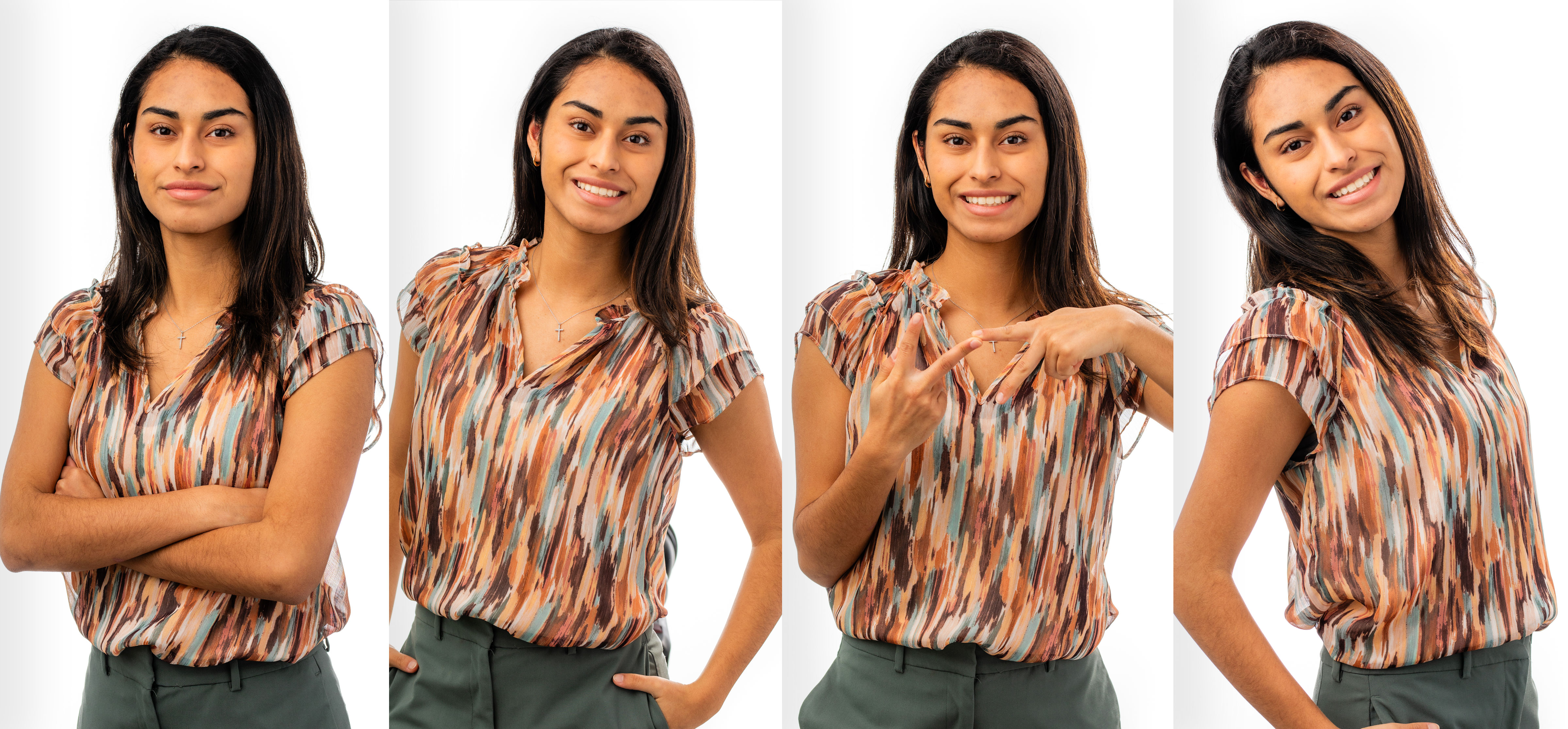
“Be scared and do it anyway. Be underqualified and get in the room anyway. Be messy, imperfect, and unsure, and show up anyway.”—Nicole Paz Jimenez
How did you get involved in SHPE?
I first became involved with SHPE during my first year, amidst the COVID-19 pandemic, by applying for the outreach committee. Despite not being able to meet in person, SHPE provided me with professional guidance through virtual events.
These opportunities enabled me to:
- Stay involved with the chapter
- Run for a position on the executive board
- Become the president of the SHPE at Virginia Tech chapter
- Oversee all executive board operations while advocating for and supporting members of the organization
What have you learned in this CAMEO leadership role?
Since becoming president, learning to communicate and collaborate as a team with my executive board has been my biggest lesson in leadership. Understanding those you work with is crucial to creating a healthy work environment. With so many new collaborative events coming to fruition within the organizations, I only hope that CAMEO continues to grow as a whole and continues to inspire new generations of students at Virginia Tech.
What challenges have you faced as a woman in STEM?
As a woman in STEM, I've encountered challenges both in and out of the classroom. These challenges include feelings of underrepresentation, dealing with stereotypes in the field, and navigating hostile work environments. As I've progressed through my advanced courses and internships, I often find myself being the only woman in the room. While I knew beforehand that STEM fields had fewer women, experiencing it first-hand made me feel out of place and somewhat self-conscious. I've learned to embrace my uniqueness and value as a woman in engineering. Connecting with other women in the industry through events such as the SHPE National Convention allows me to stay motivated, even when I feel like giving up.
Lucy Waite
Aerospace Engineering, Mathematics minor, Senior
Society of Women Engineers at Virginia Tech (SWE)
The Society of Women Engineers at Virginia Tech (SWE) is a collegiate section of the internationally recognized Society of Women Engineers that is dedicated to providing professional development support, service to the New River Valley, and a common community space where women in engineering can feel supported and be their authentic selves.
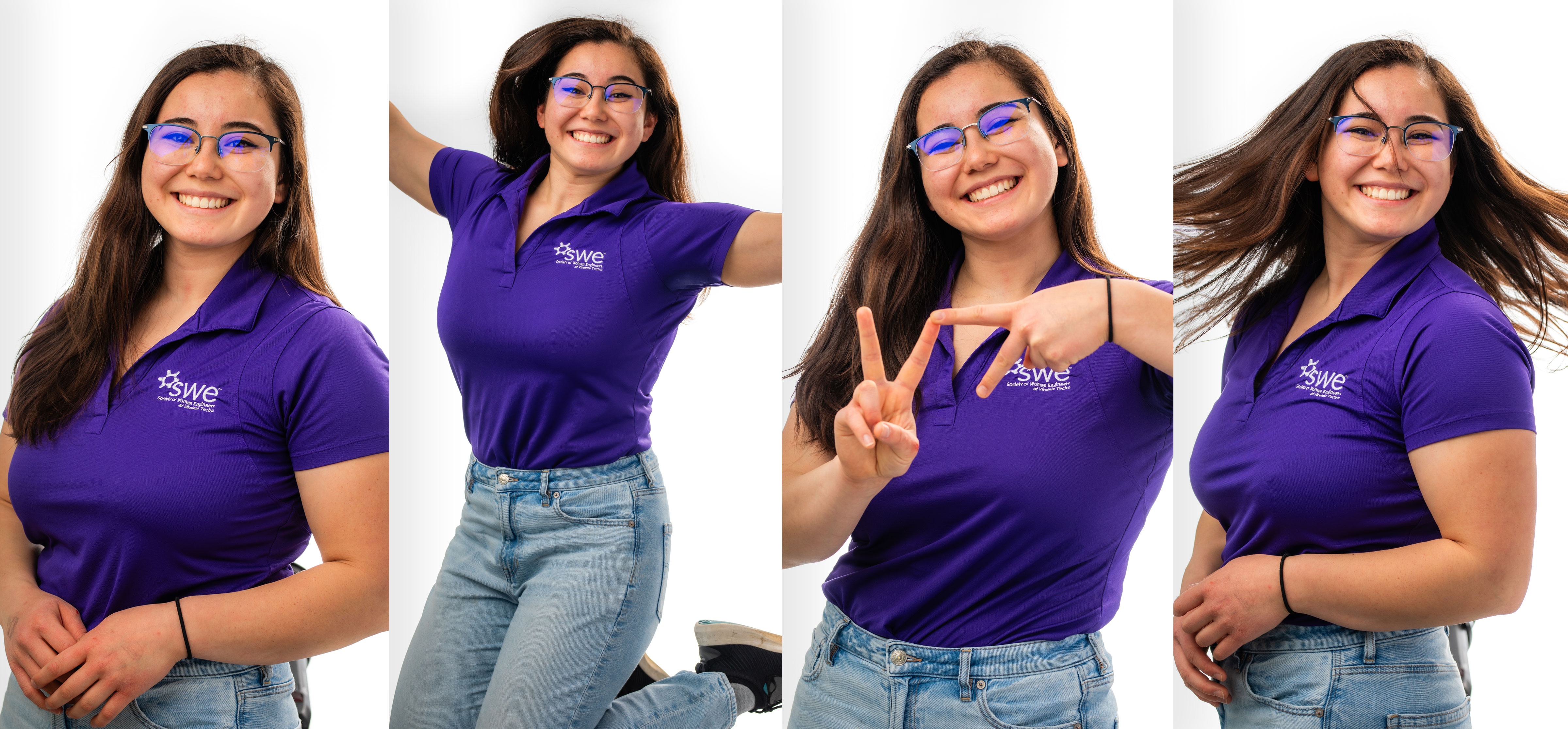
“Know that no matter what others say, you belong in the field you find most interesting! If the people you're around don't feel you belong, find new groups (like SWE) that will support your STEM dreams and passions.”—Lucy Waite
How did you get involved in SWE?
I got involved in SWE during my first year through the mentorship program that the club offers. My mentor, the secretary at the time, told me about the exciting professional development and outreach opportunities within the club. The outreach would not only improve my capabilities as a future engineer, but also teach K-12 students about the exciting possibilities in STEM fields. From there, I was motivated to become integrated into the club, initially taking on a role as the K-12 education outreach chair before moving on to be the vice president, then president, of the club.
What have you learned in this CAMEO leadership role?
In this leadership role, I've learned:
- Even as an individual, I can have a significant impact on available opportunities for women in engineering.
- My role as president has let me increase the amount of scholarship funding that we can provide to our members and expand our community to include graduate students.
- I was able to build a stronger connection with the other CAMEO organizations and with SWE chapters from other local collegiate chapters.
- There is always more work to be done to make the workforce more equitable for women.
- Through roles in SWE, I can be part of groups inciting positive change for women in the workplace.
- Although the path toward change and improving opportunities for women in engineering is rarely easy, the impact I can make through my work is worth the hours put into my roles in SWE and beyond.
What challenges have you faced as a woman in STEM?
The most frequent challenge I face is being the only woman in the room and lacking people who share similar perspectives. Whether it be in internships, at school, or otherwise, I seem to find that aerospace engineering spaces have low ratios of women to men, making it common for me to be the only woman in work meetings and my classes. Without that common perspective of another woman, I have had to adapt my communication styles and interactions with coworkers and classmates to make myself heard in conversations and prove my worth as an engineer. At times, it can even feel like I need to change my authentic self to 'fit in with the guys' at work, making it difficult for me to feel fully comfortable in these spaces.
Ehite Melaku Anteneh
Computer Engineering, Psychology minor, Senior
National Society of Black Engineers (NSBE)
The National Society of Black Engineers (NSBE) is an organization dedicated to uplifting African American students in all fields of engineering. Their mission is to increase the number of culturally responsible Black engineers who excel academically, succeed professionally, and positively impact the community.
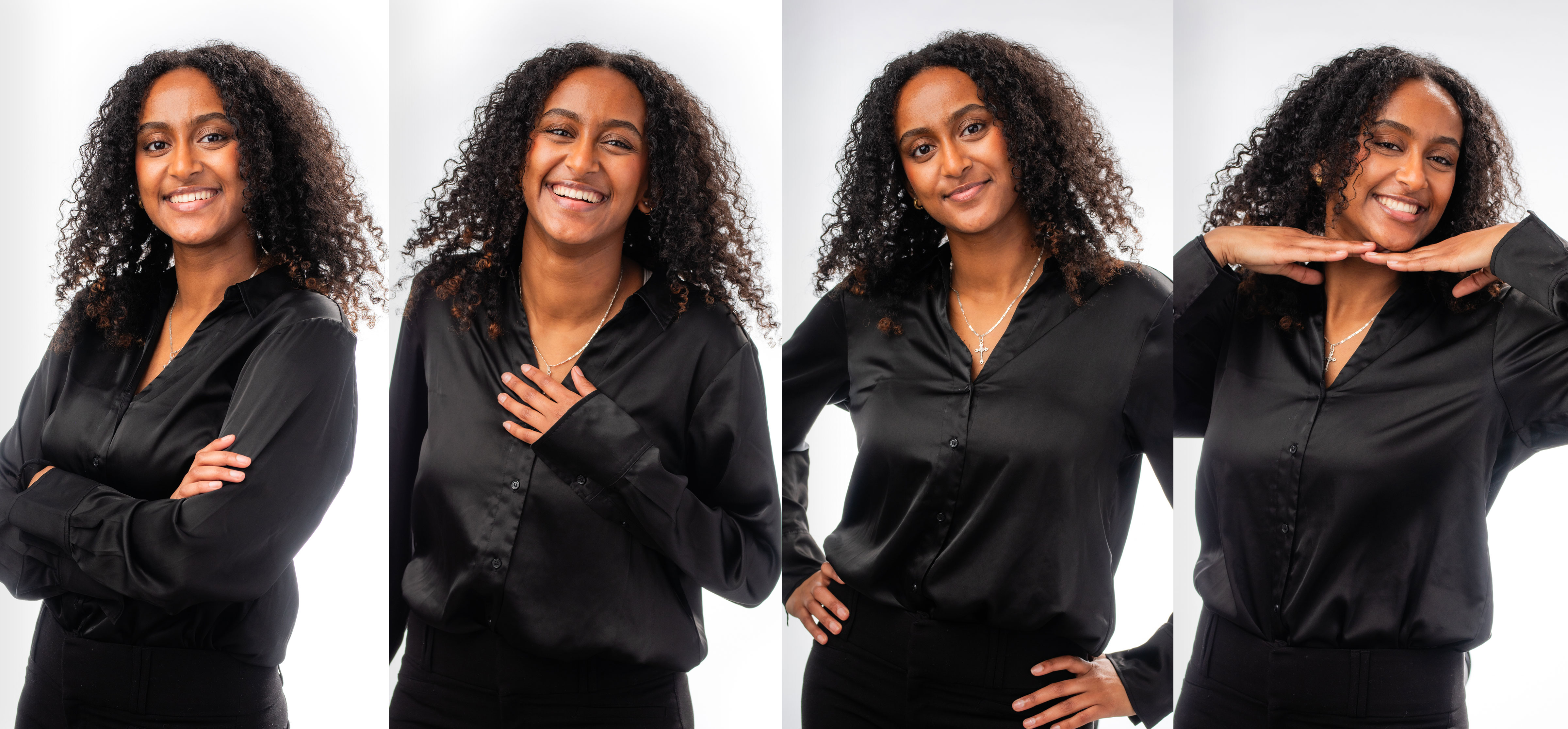
“Never compare your journey to others. Always be kind to yourself; as long as you put forth your best, you can be satisfied with your result.”—Ehite Melaku Anteneh
How did you get involved in NSBE?
I attended NSBE events throughout my first two years at Virginia Tech, but it wasn't until my junior year that I truly understood the opportunities of such an organization. In my junior year, there was an opening for the secretary position so I took a chance and was elected. Throughout my first year on the board, I learned more about how important and impactful NSBE was — both at and beyond Virginia Tech. Seeing underclassmen excited because they received an internship or were making meaningful social and professional relationships pushed me to become more involved in the organization.
What have you learned in this CAMEO leadership role?
I’ve learned many things along my journey, including:
- What it means to make very important, and at times difficult, decisions.
- Being a student leader means having constituents and other officers count on you.
- The biggest adjustment I had to learn was to not make actual decisions but to handle people.
Alongside me, 16 people serve on the NSBE board, and making sure that they can do their jobs is important. It’s a balancing act of being assertive and inspiring because, at the end of the day, this is all voluntary.
What challenges have you faced as a woman in STEM?
Attending a predominantly white institution and being a woman in engineering, you can imagine the number of people I saw in my classes who looked like me. Having very few professors and classmates share my background, culture, and experiences has been discouraging at times. I felt that everyone had preconceived notions of my level of intelligence and it made me afraid to ask questions that would confirm their bias. It took a difficult class in my sophomore year, and some good friends, to finally push me to ask questions — it was the best decision I made. I struggle with imposter syndrome from time to time, but most importantly, I have a good support system as well as irrefutable academic evidence from my years at Virginia Tech that help alleviate it.
Annie Tran
Computer Science, Human-Computer Interaction minor, Junior
Society of Asian Scientists and Engineers (SASE)
The Society of Asian Scientists and Engineers (SASE) is a nationally recognized organization with 100+ collegiate chapters nationwide and is supported by numerous Fortune 500 companies. SASE’s mission is to prepare Asian heritage scientists and engineers for success in the global business world, celebrate diversity on campuses and in the workplace, and provide opportunities for members to make contributions to their local communities.
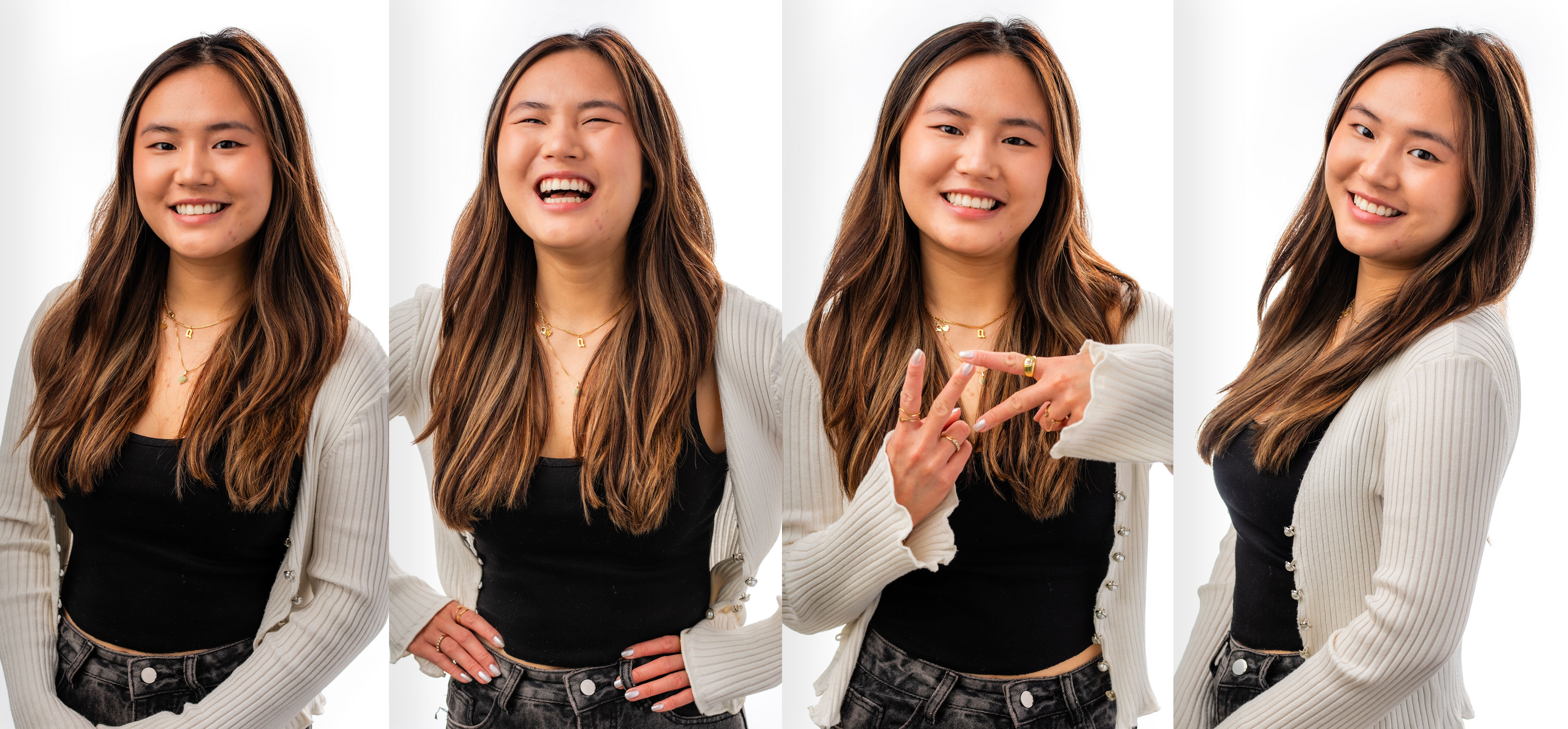
“Find other like-minded women in your specialty to relate experiences with, share advice and resources, and uplift each other.”—Annie Tran
How did you get involved in SASE?
Like many first-year students at Virginia Tech, I wanted to be a part of an organization on campus and find a community to engage with throughout my undergraduate years. I first learned about our SASE chapter at the annual O-Show hosted by CEED. Intrigued, my friends and I explored SASE’s mentor-mentee program, which matches upperclassmen with underclassmen based on their majors, interests, and career aspirations. Upon attending SASE events, I discovered a remarkably welcoming environment, where officers and members readily supported each other in academics and social connections.
As I got more involved, my passion for contributing to the organization that supported me through college grew. In my first year, I applied for the SASE freshman intern position. I was selected after a competitive interview process, which featured the largest pool of interns the organization had seen at the time. By the end of my sophomore year, I ran for president. I am immensely grateful for the opportunity to lead our chapter and to have contributed to its growth and success.
What have you learned in this CAMEO leadership role?
It has shown me how to turn potential into something impactful — transforming aspirations into concrete achievements.
SASE at Virginia Tech has:
- Grown from over 140 members to more than 300 in just a year
- Had 180 members participate in our mentor-mentee program
- Brought 30 members to the SASE National Convention in Atlanta, GA
- Had 20 members attend the SASE Northeast Regional Conference in Arlington, VA
- Held a record number of professional development workshops with companies and social general body meetings
- Hosted dedicated efforts to raise money towards building high schools in India, supporting period awareness, and supporting local food pantries.
Observing the remarkable growth of my chapter this year has underscored the vital role of community in fostering success within the STEM space on campus. Throughout this experience, I’ve come to appreciate the value of teamwork, recognizing how collective efforts can yield significant achievements. It has become evident to me that when individuals collaborate with a shared goal, amazing things can happen. As the CAMEO organizations keep moving forward and making a difference, I'm excited by what we can achieve together.
What challenges have you faced as a woman in STEM?
As a woman in STEM, my most significant challenge has been navigating spaces where I often feel overlooked or out of place in a male-dominated industry. While there has been notable progress in increasing diversity within the computer science field over the past decade, achieving true inclusivity and representation remains an ongoing journey. Creating more welcoming and empowering environments requires continuous advocacy, as well as fostering a culture of support and equal opportunity.
Haley Bowyer
Forestry, Senior
American Indian Science and Engineering Society (AISES)
The American Indian Science and Engineering Society (AISES) serves as a forum for undergraduate and graduate students to build a native community in the STEM field by bridging science and technology with traditional values of cooperation and support.
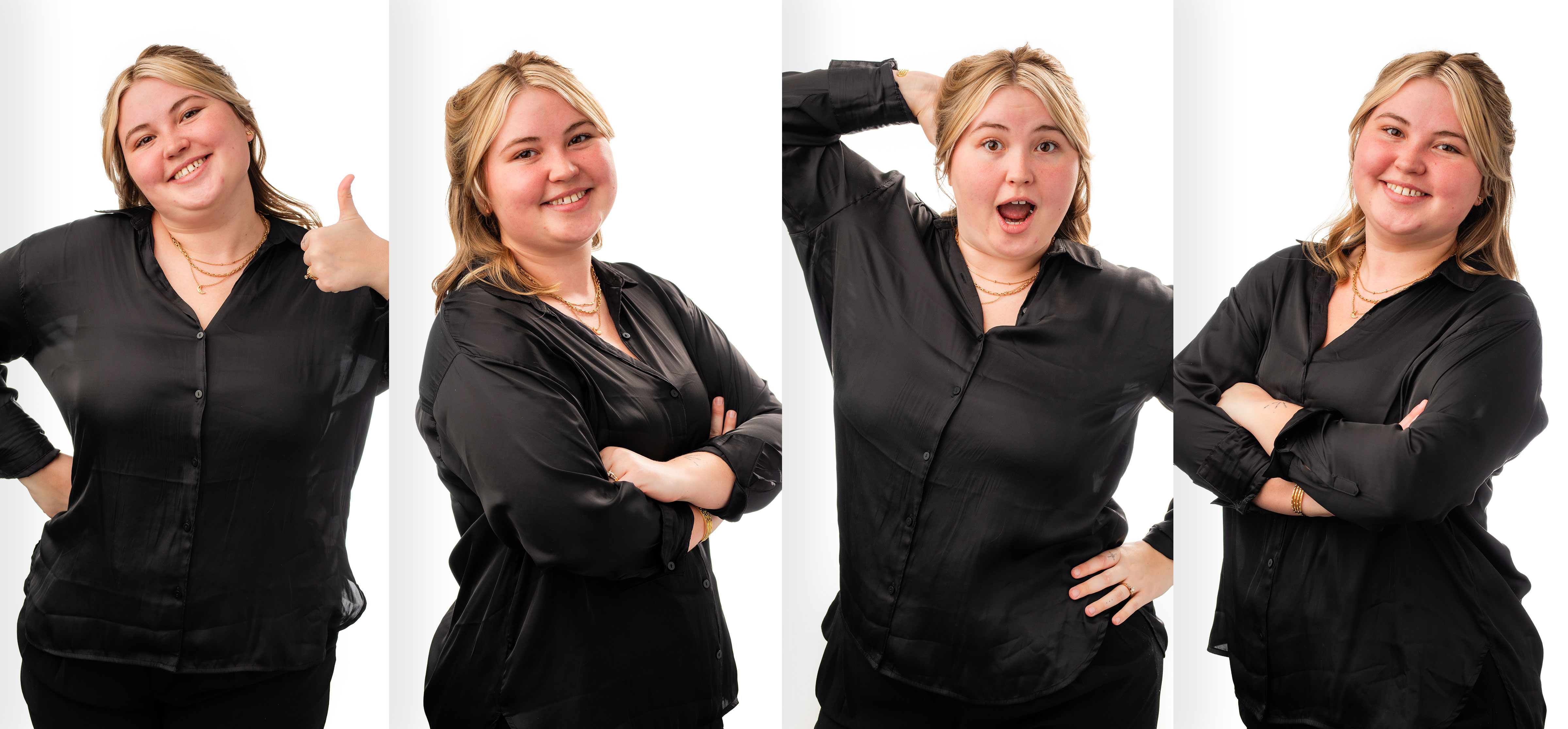
“Take risks, find your confidence, and surround yourself with people who inspire you.” —Haley Bowyer
How did you get involved in AISES?
I got involved with AISES in 2022, the same year the organization regained membership within the university. We were a small group of Native students with majors focusing on STEM. With assistance from our organization’s advisors, our club has been thriving. As president, I plan to keep our organization’s awareness strong and attract many new members. This organization has allowed me to gain responsibility and leadership goals.
What have you learned in this CAMEO leadership role?
Being part of CAMEO has allowed me to learn about the different majors as well as the organizations on campus. This has taught me exactly how diverse the student population is at Virginia Tech. Being in a small diverse community, I understand how important support can be. In my leadership role, I have tried to practice the same support I received when I first joined.
Within the AISES organization, I have accomplished many things I never thought were possible:
- I have taken my first flight ever to Palm Springs, CA for the AISES national conference.
- I have participated in two nationwide conferences.
- Currently, I am assisting in planning a regional conference.
This leadership role and CAMEO have opened many opportunities for me. I have been very lucky to find such an amazing group and create friendships from this organization.
What challenges have you faced as a woman in STEM?
Being in the STEM field, confidence has been my most difficult challenge. When it comes to understanding the material, I often feel that I must be an expert on a topic to speak up or work on a project. I have noticed that at times I’ll stop myself from contributing, simply because I have the fear of being unappreciated if my answer isn’t 100 percent correct.
One of my main worries after graduating isn’t necessarily securing a job but being accepted in the workplace. Overall, I have been lucky with the faculty and staff supporting me at Virginia Tech. They have been open to giving advice and have assisted with my future career plans. They are one of the reasons I have reached my goals.
If you want to have an impact on our students and faculty like those featured in this magazine, go here to support CEED. For more information, call (540) 231-3628.
-
Article Item
-
Article Item
